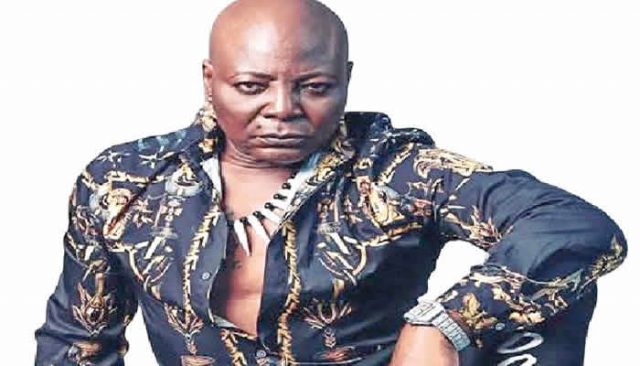Charly Boy knocks Lagos LG for renaming bus stop after Olamide
Charly Boy Slams Lagos Council Over Renaming of Iconic Bus Stop After Olamide
Veteran entertainer and human rights activist, Charles Oputa, popularly known as Charly Boy, has criticized the Bariga Local Council Development Area (LCDA) in Lagos State for renaming the iconic Charly Boy Bus Stop in Bariga after hip-hop sensation Olamide Adedeji, also known as Olamide Badoo.
Oputa, widely known as “Area Fada” and convener of the Our Mumu Don Do movement, accused the council of acting out of fear, political insecurity, and a desire to erase decades of activism.
Why the Renaming Happened
The renaming was announced by Kolade David, the council chairman whose tenure ended on Friday. David explained that the move was part of efforts to honour individuals from Bariga who have brought pride to the area and contributed to Nigeria’s global reputation through their craft.
“As an administration, we took our time to reflect on a number of our people who have put the name of our local council out on the global map through their respective God-given talents and craft, as well as eminent personalities… who have contributed immensely to the development of our nation and our state,” David said.
“Ajidagan Street will now be called Olamide Adedeji Badoo Street. That means that Charly Boy Bus Stop will now be changed to Badoo Bus Stop — no more Charly Boy,” he added.
Charly Boy Reacts: ‘You Can’t Rename a Legacy’
Responding in a strongly worded statement on his X (formerly Twitter) handle, Charly Boy said the renaming was not merely a symbolic gesture, but a calculated attempt to erase his legacy of activism and social defiance.
“You can rename a place, but you can’t rename a legacy. You can replace the signboard, but you can’t erase the spirit. And you definitely can’t silence a voice that shook your tables for decades,” he declared.
He further claimed the decision was motivated by “fear”—a fear of his lifelong challenge to oppressive systems and refusal to conform.
“This is not just about a bus stop; this is about fear. Fear of a boy who refused to bow. Fear of a man who challenged the oppressors. Fear of a man who didn’t beg the system to be accepted. So, what do timid people do? They change the name like e go wash away their shame,” he wrote.
‘The People Named It, Not Politicians’
Charly Boy stressed that the name “Charly Boy Bus Stop” was not conferred by government officials but earned organically from the people of Bariga, Gbagada, and beyond, due to his years of grassroots activism.
“It was named by the people, the same people ‘Fada’ fought for, walked with, and empowered. They may change the signboard, they may pretend not to remember, but let me remind them: ‘Area Fada’ no dey finish.”
“He didn’t need to sing sweet songs to be accepted. He didn’t need to wear agbada to beg for titles. He is a movement. He is an institution. He is a warning.”
He concluded that while governments may try to rebrand public spaces, true legacy lives on in the hearts and minds of the people.
“This name, Charly Boy, is carved into the history of Nigeria, written boldly in the streets of Bariga. Etched into the minds of those who still dare to question authority. Legacy isn’t on a signboard, it is in the hearts you changed, the voices you awakened, and the fear you planted in corrupt souls.”
“So, go ahead, change the name, but remember you can’t change the truth. You can’t erase fire. ‘Area Fada’ no dey finish.”
Sowore Weighs In: ‘Spiteful Rewriting of History’
Joining the criticism, fellow activist and former presidential candidate Omoyele Sowore described the renaming as “vindictive, haphazard, and laced with ethnic undertones.”
In a statement shared with Sunday PUNCH, Sowore stated:
“I strongly condemn the cynical renaming of the Charly Boy Bus Stop — an iconic landmark tied to decades of creative resistance and people-powered culture in Nigeria. This act is not just petty; it is a spiteful rewriting of history meant to silence dissent and discredit voices that have long challenged authoritarianism.”
State Government Distances Itself
Reacting to the controversy, Lagos State Commissioner for Information, Gbenga Omotosho, clarified that the state government is not responsible for street naming or renaming.
“Street naming is a local government matter. The state government doesn’t have that responsibility. The law gives local governments the right to name or rename streets. The state government does not have the authority to regulate that,” Omotosho said.














Post Comment